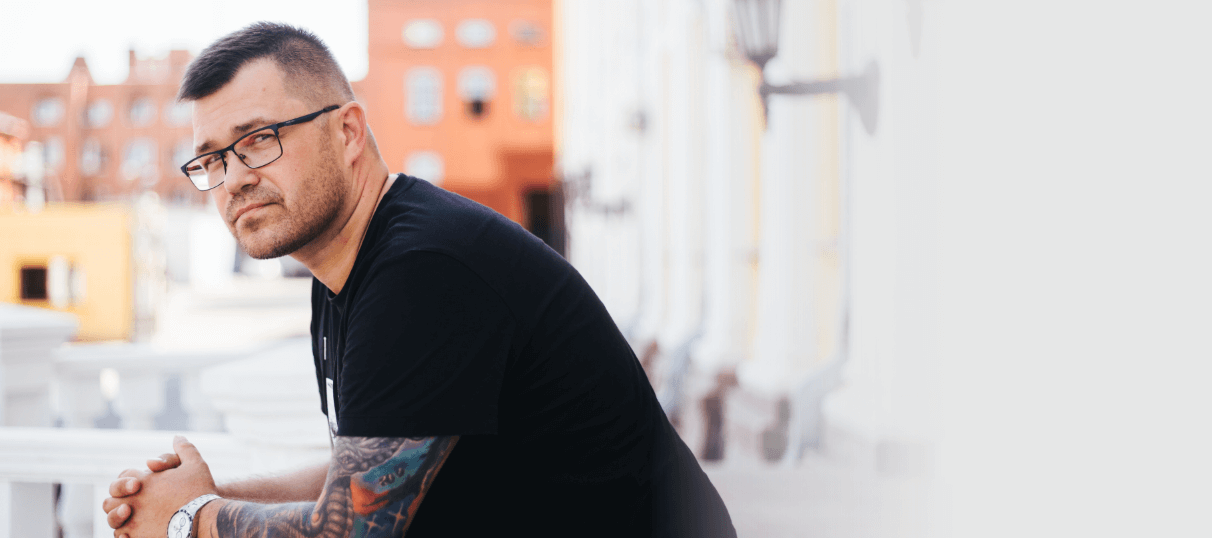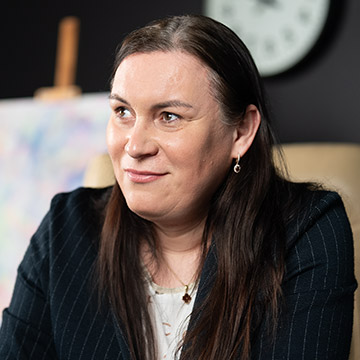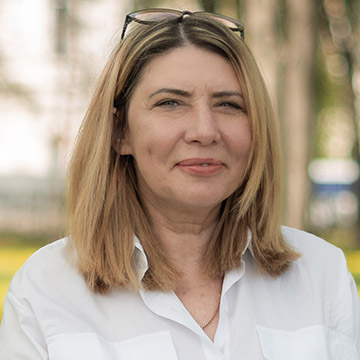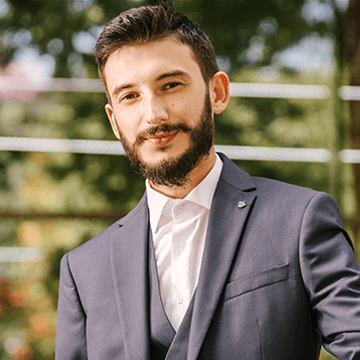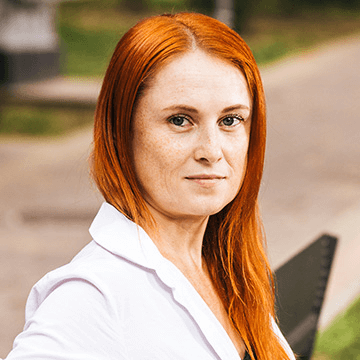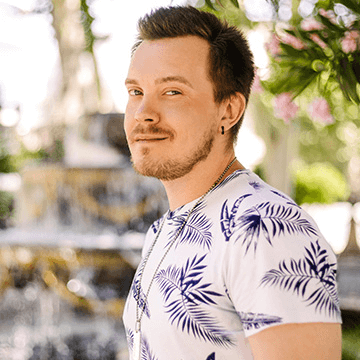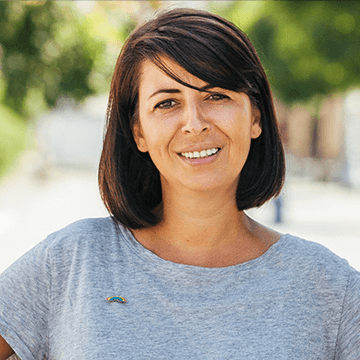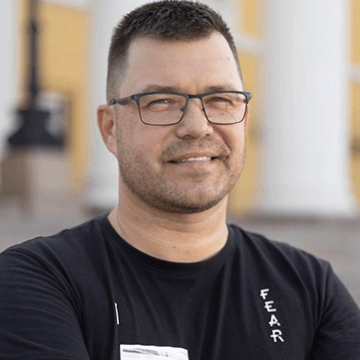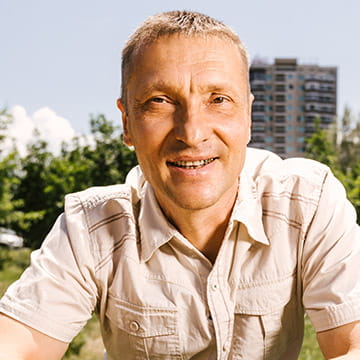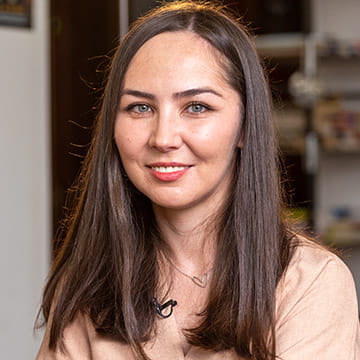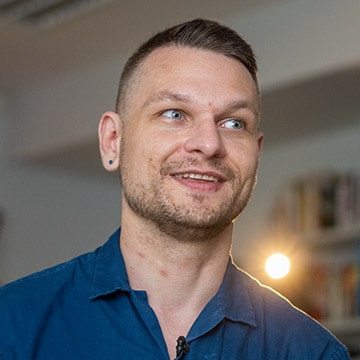Alexey's STORY
Chelyabinsk, Russian Federation
Ten years ago, Alexey was deeply troubled by the AIDS-related deaths that were occurring in his hometown of Chelyabinsk, Russia. Seeing these deaths, he wondered: with HIV so easy to treat, why do people continue to die of AIDS-related illnesses?
This question motivated Alexey to start a community organisation that works to prevent HIV among the most affected communities in his region, particularly people who use drugs. Alexey’s organisation was built and supported by people from these communities, with 70 per cent of the team living with HIV. This peer-led approach has helped Alexey and his team achieve a significant milestone for the organisation: its 10th anniversary.
Speaking of why he was compelled to establish his organisation, Alexey explains: “I have direct experience of HIV, through friends and loved ones. Seeing people die, face illness, and develop AIDS prompted me to ask, ‘Why does this happen when, globally, there is support and modern treatment available?’”
“Unfortunately, in our region many people still die from AIDS. And it’s not what some might call the ‘dregs of society’ dying; these are remarkable people with inspirational stories. And when you personally work with these people, managing their cases and one day you phone or visit somebody only to be told that they have died. It still makes my heart stop."
I have direct experience of HIV, through friends and loved ones. Seeing people die, face illness, and develop AIDS prompted me to ask, ‘Why does this happen when, globally, there is support and modern treatment available?
People who use drugs face severe stigma, discouraging them from accessing necessary services. This stigma is worse for those jailed for drug-related offences, particularly after their release. Facing discrimination due to both their drug use and their time in prison, people who use drugs are disproportionately affected by HIV.
Alexey works tirelessly to change this. He regularly visits prisons to connect with people at risk, and provide HIV testing and legal, psychological, and social assistance. Alexey and his team also tailor their services to people released from prison who often face profound challenges building a life outside prison. Along with hepatitis and tuberculosis, HIV is only one of many concerns for incarcerated people and people who use drugs.1,2
Alexey passionately believes the people he works with deserve every chance to live full and healthy lives: “These are simply people who somehow got into the world of drugs and find it difficult to stop. Despite the support we provide, quite a few people die. We have had times when seven clients died in one month.”
However, even in the face of tragedy, Alexey remains hopeful.
“I dream that through our work we can ensure Chelyabinsk is no longer in the top regions of HIV incidence in the Russian Federation. And I think that this is quite realistic.
“l also dream that one day we will live in a world where there will be no discrimination towards people living with HIV or who use drugs. Of course, that may take a bit more time.”
Alexey’s team also works with people in the community who have a suspended sentence and are at a greater risk of contracting HIV. Alexey considers this work to be one of the most important aspects of the project. While they are “on the outside”, they can more easily learn about HIV prevention and testing, and how to access social services that can help them thrive outside prison.
THE IMPACT OF RADIAN ON Alexey’s work
Support from the RADIAN ‘Unmet Need’ fund has enabled Alexey to undertake much-needed work, providing people released from prison in one of Russia’s highest HIV prevalence regions with services that enable them to know their HIV status and access the care they need.
Work continues to strengthen these operations in some of Chelyabinsk region’s largest cities.
-
1.
Ruiz M S, Heimer R, Levina O S, Badosova N V, Rassokhin V V, Belyakov A N, Belyakov N A (2018). HIV-care access among people with incarceration experience in St. Petersburg Russia. Eur J Public Health. Feb. Available at: https://doi.org/10.1093/eurpub/ckx122 in July 2021 [Accessed October 2023]
-
2.
World Health Organisation (2020). People in prisons and other closed settings. Available at: https://www.who.int/teams/global-hiv-hepatitis-and-stis-programmes/populations/people-in-prisons [Accessed October 2023]



